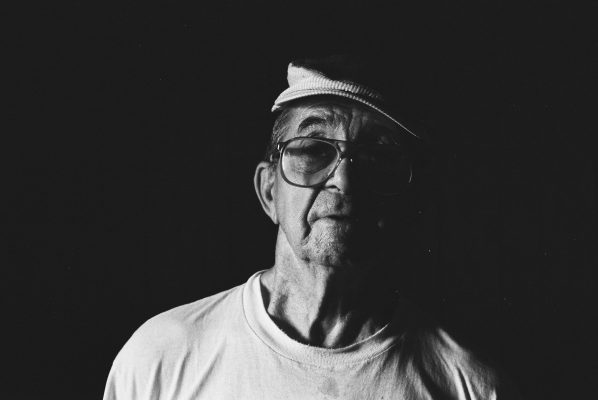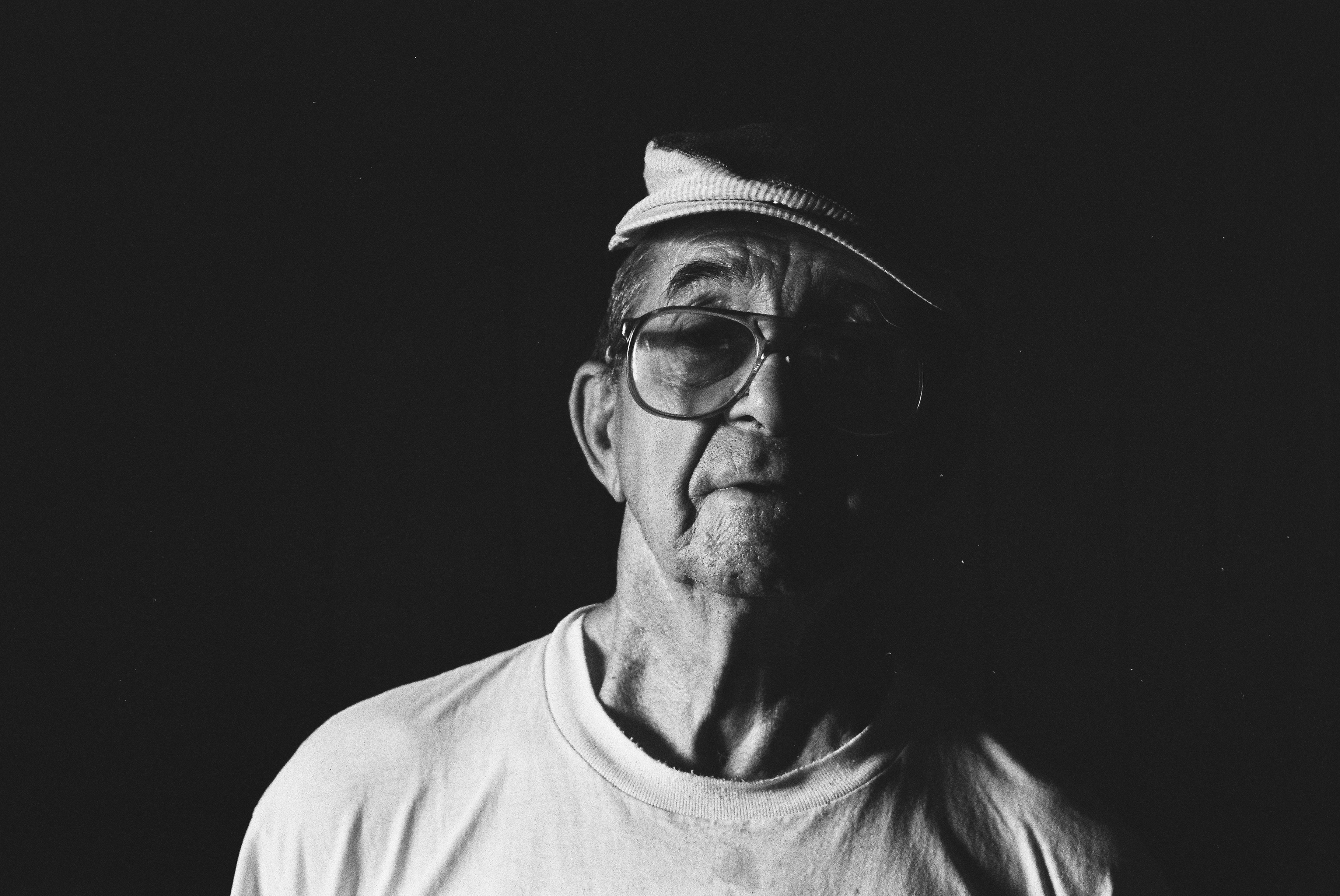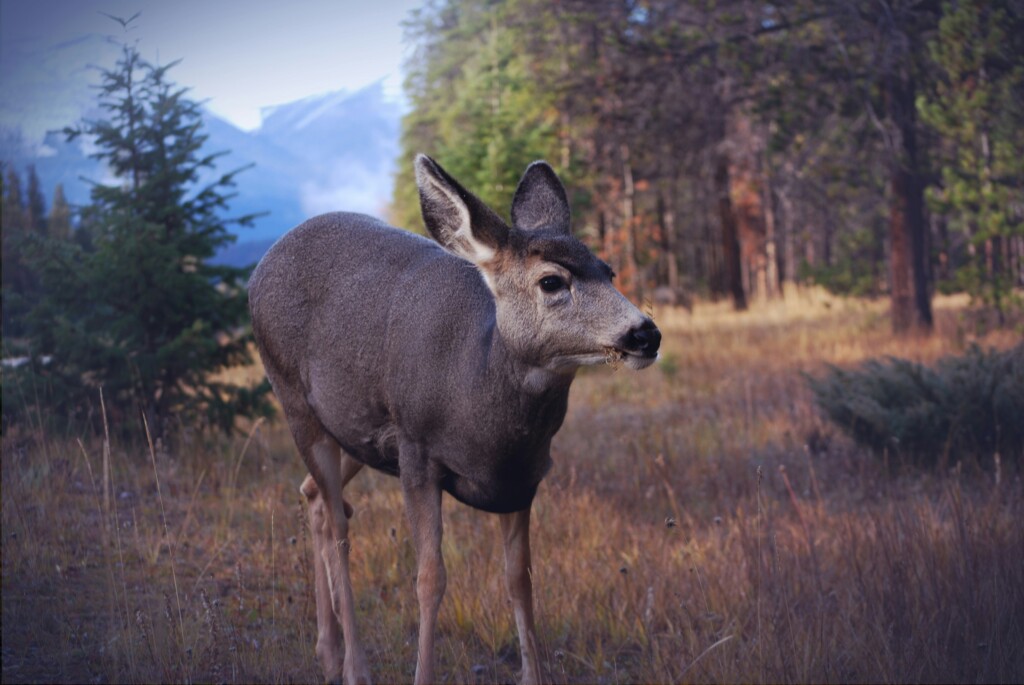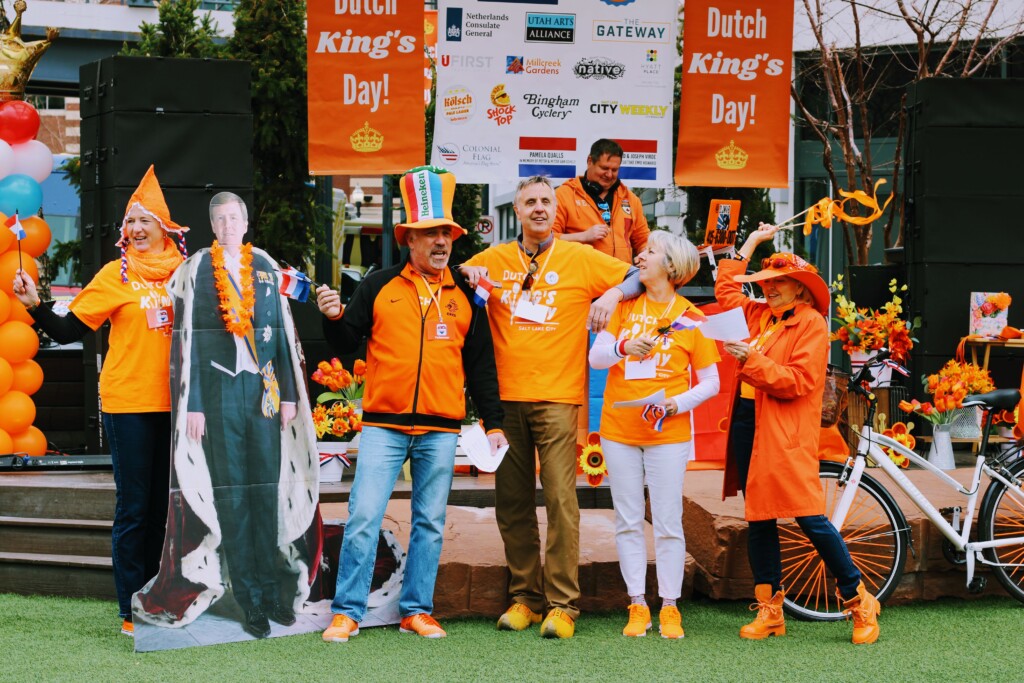 I met Willy while riding my bike on a rural road in central Utah. A thorn had flattened my tire, and after making a couple calls with unpromising results, I set out walking. Willy was 200 feet from me, so I encountered him soon enough. He was clipping a tree with an extended pruner that resembled long but awkward scissors.
I met Willy while riding my bike on a rural road in central Utah. A thorn had flattened my tire, and after making a couple calls with unpromising results, I set out walking. Willy was 200 feet from me, so I encountered him soon enough. He was clipping a tree with an extended pruner that resembled long but awkward scissors.
“Hey, how’s it going?” I yelled.
“Huh?” Willy lowered his pruners, turned his head, and squinted through bulletproof-thick glasses.
“Hey, I got a flat tire on my bike. I’m wondering if you have a pump,” I called out, already walking toward him.
It didn’t matter whether Willy had a pump. I was gonna meet him anyway. I had determined that from the moment I saw him. The flat was merely an effective conversation starter, an excuse to interrupt a man pruning a tree in his front yard on a Sunday afternoon. Had I encountered a woman reading a book or a man returning from church or a family barbecuing, however, I wouldn’t have engaged. Willy shone with the alluring hue that emerges only after life has rubbed away all the polish we apply to ourselves, and that’s what drew me in.
“Oh, yeah? I’ll get you fixed up! Come on back,” Willy offered. He turned, taking multiple steps to do so, and began walking at a good speed toward a shed behind his house, his heels scuffing the cement with each step.
The shed was as large as a two-car garage, made of ragged wood and cinderblock, and lighted beautifully due to two large single-paned glass windows. There wasn’t much inside—some tools and pipefittings that lay in hanging bins along one wall, a wooden worktable—and everything was caked in dust from, I guessed, the 1950s.
It was a grimy dust, more like residue, so that when I inspected some oddity, my fingers came away chalky and gritty. Free from this dust, however, was a bright red push lawnmower. Willy purchased it recently after thugs broke into his shed and stole his riding mower. He’d kill them, he said, if he ever discovered who they are.
I tried to explain to Willy that my tires require a unique air chuck due to their having a Presta valve, and that I doubted he had one. But he couldn’t hear me over the already growling compressor. I yelled a couple more times and he caught on, unplugged the machine. Willy was a pipefitter in his working days. He scrambled through his decades-old plumbing parts as if faced with an emergency. “I’m sure I’ve got something that’ll work,” he stammered.
When I assured Willy he didn’t have the tool and that it was ok, he relaxed. I showed him my phone. “See, someone got my message. They’re gonna pick me up. What’s your address?”
While waiting for my rescue, Willy and I stood in the shed and talked, sometimes facing each other, starry dust particles drifting between us, sometimes facing away from each other. We wandered around a bit, each of us fiddling with a decrepit tool or pipefitting or two, as though hefting iron and dust might draw out the right thought or unravel the mystery behind the autumn afternoon sunlight. Our voices ran along the walls and across the cement floor in rusty tones.
“Where’s your family?” I asked.
“Everyone has died,” Willy replied soberly.
Willy meant what he said, I could tell. He lamented seeing so much death, muttered something about war, then went on to explain that his 21-year-old daughter, his baby, had been killed just two months previous. Hit by a truck. A couple guys were racing on the freeway, one clipped her bumper and sent her flying. “I’ll kill them,” Willy said, “if I ever find out who they are.” His voice shivered as he spoke, but never broke. His eyes filled, and just as quickly dried again. No tears fell.
Willy knows death intimately. He didn’t brag about not being afraid of it, nor did he curse it for the pain it has inflicted on him. It was more like he bowed his head toward death, both in reverence and defeat. Had death come for Willy in that moment, in that matchbox garage, I suspect he wouldn’t have shuddered. Nor would he have succumbed without a terrible fight.
Inside Willy’s home, where we eventually wandered, chicken was frying in an old cast-iron pan, the kind with the government-green bottom. Willy had set the burner on low before heading out to prune. He forked a wing from the crackling oil, placed it on a paper towel, wrapped it lightly and handed it to me.
We walked into the living room, passing a table strewn with prescription pill bottles—presumably for Willy’s heart, which has seven stents in it—and a south-facing window that revealed stalks of blue and burgundy corn clicking in the autumn wind. Willy harvested seeds from a Navajo cave years ago and has since cultivated the grain.
“I live like a hobo,” Willy said, clearing a place for me on a threadbare loveseat. He wasn’t apologizing though, or trying to assuage embarrassment. It was more a statement of cold fact, like he had observed his own living arrangement for the first time. He clicked off the TV and sat in a recliner next to a small end-table that held scraps of paper and a pencil. A large intricate woodcarving stood beyond the TV. Medals and trinkets and wallet-sized photos dangled from it. Two American flags and a black-and-white photo of Willy’s deceased wife hung on the wall.
Somewhere between stories of having been born in a tent and hunting and killing food in the hills of Utah, Willy stood and neared the photo on the wall. His eyes again pooled and drained without shedding tears.
Willy fought in four wars—in Cambodia, Laos, and other places I don’t recall. He enlisted at 17, fraudulently. He’s never missed a day of work in his life, a fact he is proud of. He loves his flags and hates Utah. Said he wants to sell his home and leave, find a place that’s quiet, without the crappy neighbors. Or maybe they aren’t so bad.
But Willy also despises the men who knock his door weekly, asking him to sell. Willy’s home was built in 1921, and developers are now eager to urbanize his street. His home is primed for destruction, but Willy’s not interested. He refuses to escape Utah if doing so might benefit spurious business interests or dishonest individuals.
As the sun was setting and the evening cooled, Willy and I drank Natural Light, compliments of Willy. The living room walls faded to a soft grey. I noticed, through his dime store shirt, that Willy, in spite of his 81 years, is strapping through the chest and shoulders and neck. His eyes, which I glimpsed here and there behind his glasses, are sad and kind and hard and clear, like handcrafted marbles, or the guileless pupils of a doe.
Willy apologized for having talked so much, as I finally descended his front porch. He confessed that solitude makes it nearly impossible not to do so when a listening ear is present. Still, he felt it was bad manners and assured me he’d converse better next time. I waved my hand in the manner of suggesting nonsense.
Willy stood in the doorway a moment, one calloused hand on the doorknob, the other on the molding, hat and glasses teetering on his head, as the day’s last light followed him inside and clung to him before he closed the door.






